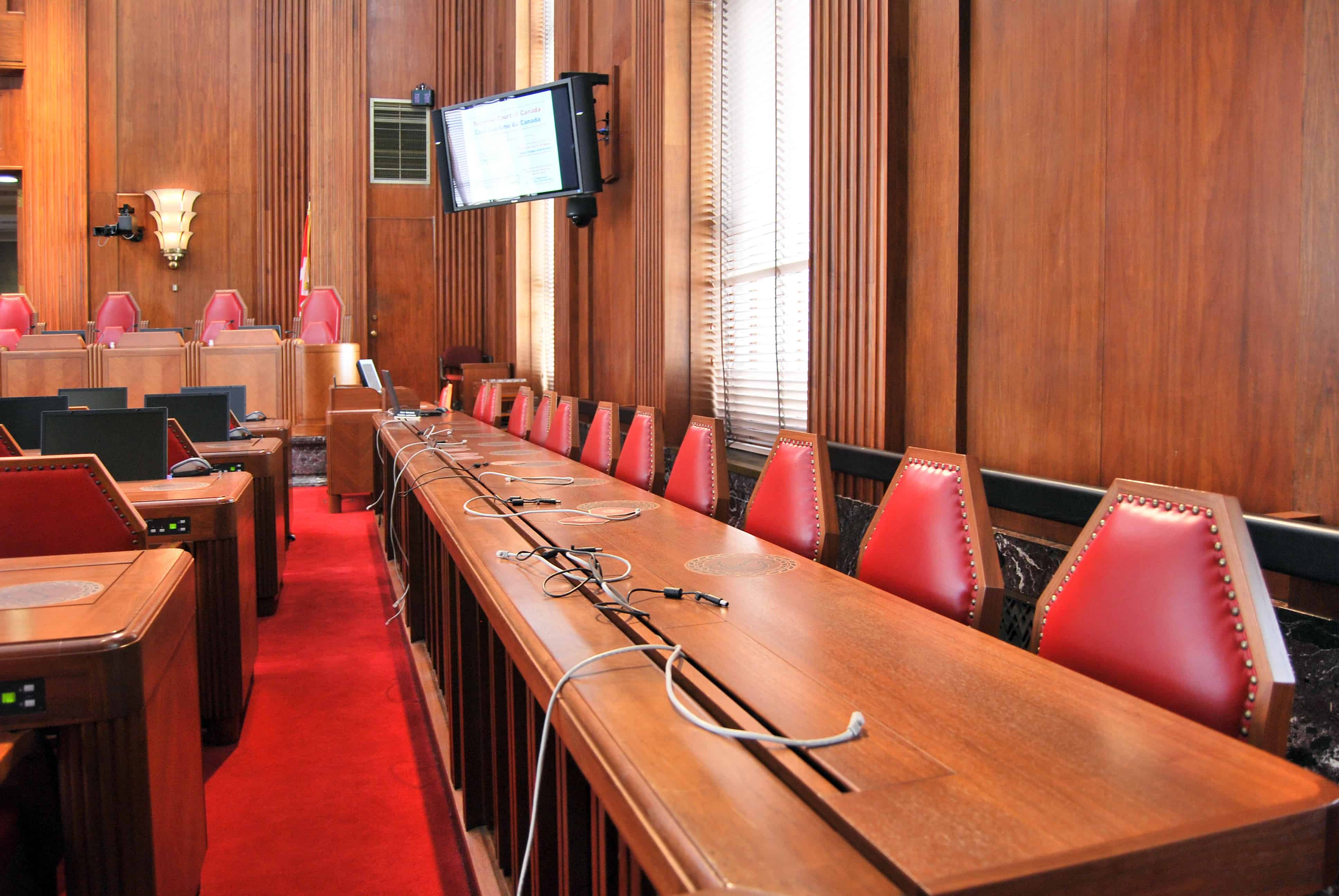A Supreme Court of Canada ruling has left a controversial agreement between the University of Toronto and Access Copyright largely intact, although the UTSU renewed its calls for the university to pull out of the agreement.
In July, the Supreme Court delivered a series of rulings that dealt a serious blow to Access Copyright’s business model, generously expanding the definition of the fair use of copyright materials for educational purposes, but only, it appears, for grades kindergarten through 12.
“The Supreme Court decision against Access Copyright gives students hope that the collection of these fees will be halted,” said Munib Sajjad, vice-president, university affairs for the University of Toronto Students’ Union. “Students’ access to necessary material should not be burdened by unfair, unnecessary fees for Access Copyright.”
Access Copyright, a non-profit collective that represents copyright holders and publishers, signed an agreement with the university last January. U of T was one of only two universities (the other being the University of Western Ontario) to sign the contentious agreement, which drew swift condemnation from students, faculty, and copyright experts.
Under the agreement, U of T students must pay $27.50 (up from $3.38) to digitally access copyright materials as part of their education; the deal also introduced invasive restrictions on sending emails with links to such materials. Fourteen other universities, including Queen’s, UBC, Waterloo, Guelph and Carleton, refused to sign the agreement.
“Students rely on access to content for the purposes of education,” said Sajjad. “The Copyright Act allows students to access content for educational purposes — there should be no fee. Access Copyright is scamming students. We hope the University of Toronto joins its peers across the country and reconsiders its agreement with Access Copyright.”
When the agreement was signed, Cheryl Misak, vice-president and provost, stated that the university believed the agreement was “fair for all the parties — those who create the materials, as well as students who gain access to copyright materials through the university.” Since Access Copyright has demanded $45 dollars per student from other universities, it is possible that U of T, by agreeing early to the terms of the deal, may have saved U of T students some money.


